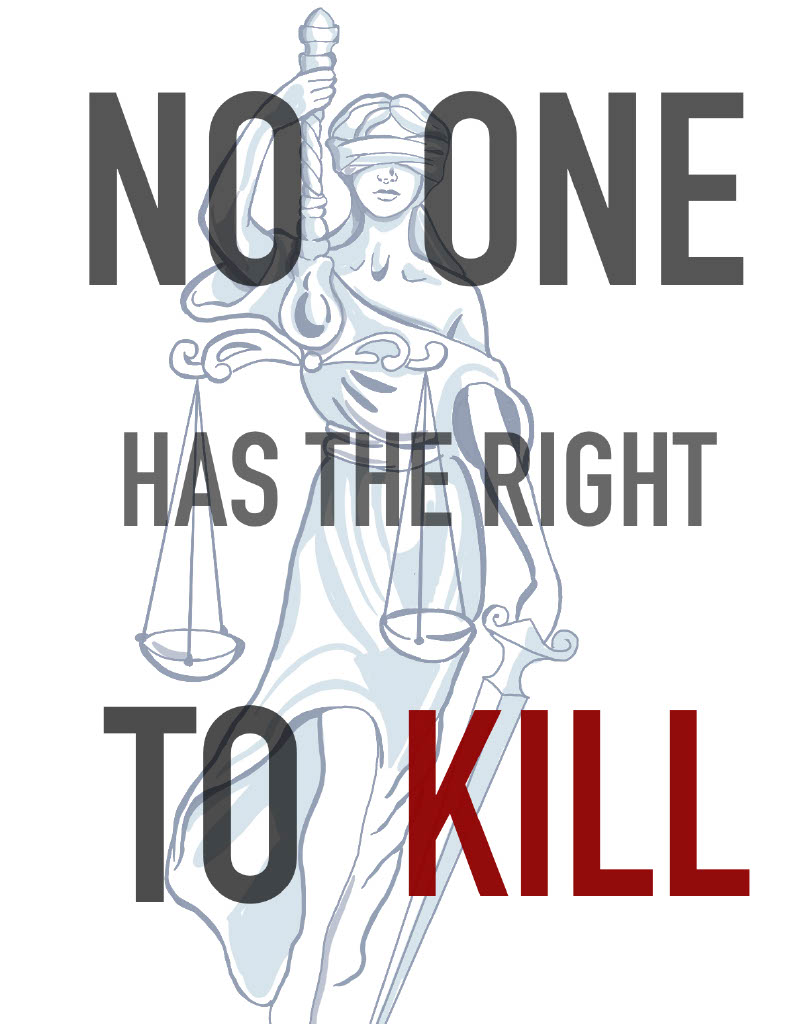Dear editor,
I would like to applaud Garrett Fontenot for his recent column “Binges linked to drinking age.” It is wonderful to see that someone else has noticed this link between excessive drinking and age restrictions on alcohol, and had the courage to write about it. Of course, as he said in his column, some people of legal age do drink heavily; however, as with almost everything in life, there are exceptions to every rule. If you look at other countries that have much lower drinking ages, you will also notice that they have far fewer drinking problems compared to Americans. In New Zealand, it is legal to drink at any age, provided that there is a parent present, and in France it is normal for everyone, including those under the drinking age, to have a glass of wine with dinner.
The major difference between these countries and the United States is that drinking alcohol is a norm, even for younger citizens, instead of a taboo. The youth are also taught how to drink in moderation by their families and society. Because it is a norm, the urge to imbibe absurd amounts of alcohol is drastically lower. With the high restrictions that America has on alcohol, it leaves many youth wondering why it is so taboo for them to drink; and, in general, they never learn the concept of moderation, as it is not commonplace in their societal environment. To use a well-known saying, we want what we cannot have. That, combined with the general rebellious nature of teenagers and not knowing how to drink in moderation, leads to this dangerous binge drinking.
I honestly believe and agree with Fontenot that if the drinking age were lower in the United States, we would not have so many young people going to the hospital every night for alcohol poisoning or just drinking heavily in general. As a scientist, I do understand and openly acknowledge that correlation does not necessarily equal causation. However, correlations still provide strong evidence for a number of things and we use correlations to make decisions all the time, so I am not willing to dismiss this correlation so easily. All in all, Fontenot wrote an excellent opinion piece, and I sincerely hope that people will take the things he said and the questions he posed to heart.
Sincerely,
Michael Cain
Psychology Junior








